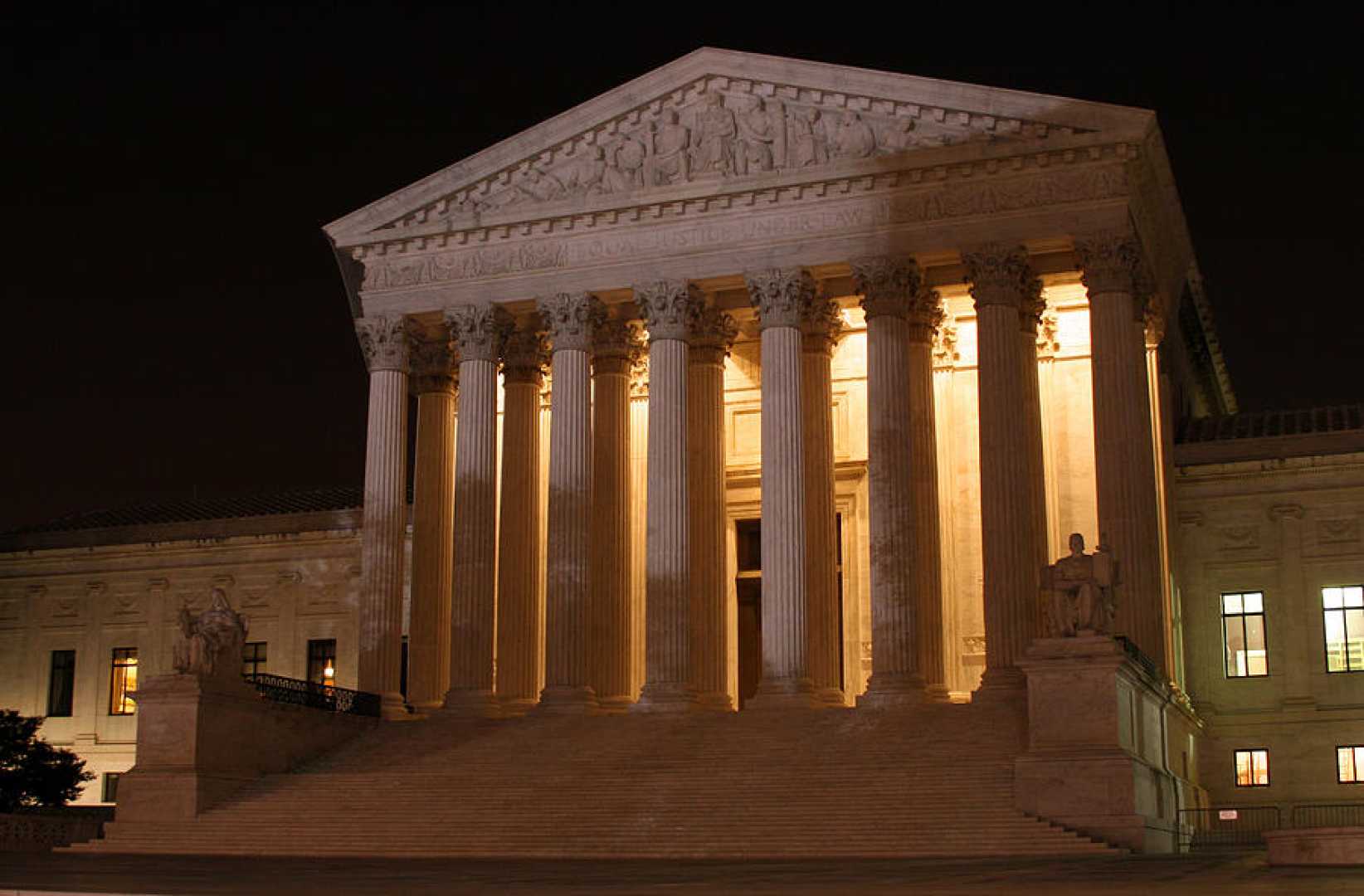Politics
Supreme Court Blocks Trump’s Venezuelan Deportations in Midnight Ruling

WASHINGTON, D.C. — The U.S. Supreme Court issued an emergency order late Saturday, temporarily halting the Trump administration‘s deportations of Venezuelan nationals under the contested Alien Enemies Act. Justice Samuel Alito, joined by Justice Clarence Thomas, sharply criticized the decision in a five-page dissent, calling the court’s rapid intervention ‘unprecedented and legally questionable.’
The emergency order, passed by a 7-2 majority shortly before midnight, was a response to an appeal from the American Civil Liberties Union (ACLU), which argued that the deportations violated due process rights. Alito condemned the hasty ruling, emphasizing that it occurred ‘literally in the middle of the night’ and lacked sufficient factual support. He stated, ‘without giving the lower courts a chance to rule, without hearing from the opposing party, within eight hours of receiving the application.’
Alito’s dissent highlighted concerns regarding jurisdiction, noting that the underlying issues had not been fully addressed in lower courts, thus complicating the Supreme Court’s ability to rule. ‘It is not clear whether the Supreme Court had jurisdiction at this stage of the case,’ he wrote. The court did not address the government’s standpoint regarding the deportations or provide an adequate legal framework for their decision.
The Trump administration’s deportation efforts have faced ongoing scrutiny. Last month, the administration ignored a federal order from a D.C. district judge requiring the halt of deportation flights for over 200 migrants. Reports indicated that approximately 90 percent of those targeted for deportation lacked a criminal record in the U.S. and did not undergo conventional removal processes.
In defense of the current deportations, the White House stated that the individuals involved were gang members who could face removal to a foreign prison without due process, based on the Alien Enemies Act, a law that has only been enacted three times throughout U.S. history. The most notable instance occurred during World War II, involving the internment of Japanese-American civilians.
Despite the Supreme Court’s temporary hold, the Trump administration has filed to lift the embargo on the deportations, which concerns Venezuelan detainees at the Bluebonnet Detention Center in Texas. The court’s order did not set a specific expiration for the pause, stating it would remain in effect ‘until further order of this court.’
The ACLU’s emergency filing revealed that detention center officials were alleging that some detainees belonged to the ‘Tren de Aragua’ gang, boosting their vulnerability under the Alien Enemies Act legislation. The organization has also filed lawsuits to prevent the deportation of Venezuelans currently held at the facility.
As the legal battle unfolds, questions remain about the grounds for the expedited order, the implications for detained Venezuelans, and the future application of the Alien Enemies Act in immigration enforcement.












